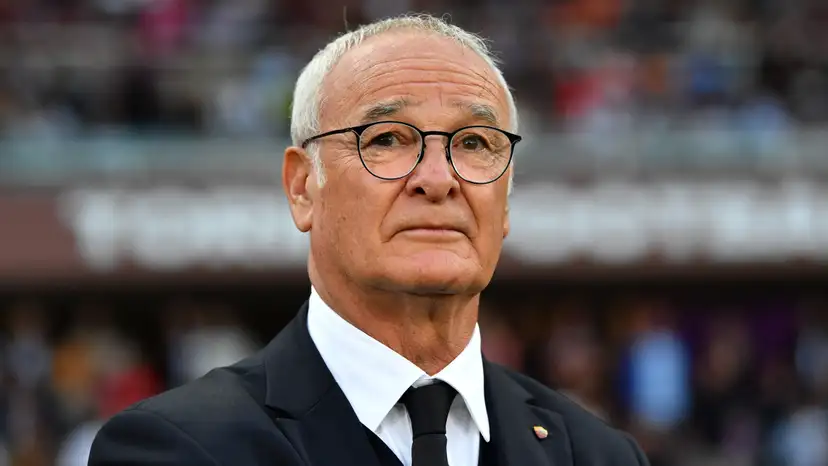
Claudio Ranieri Explains Why He Turned Down Italy Job After Spalletti Exit as Pioli Emerges as Favourite
Azzurri legend opts for loyalty to Roma over a return to the national spotlight
Claudio Ranieri has never been one to chase the limelight. From his Premier League miracle with Leicester City to his dignified returns to the Italian dugout, Ranieri’s legacy is built not just on results, but on integrity. That’s why, when offered the chance to become Italy’s head coach following the abrupt exit of Luciano Spalletti, his response surprised some but earned respect across the board: “No, thank you.”
The Italian Football Federation (FIGC) had turned to the 73-year-old veteran in their hour of need. Fresh off the back of another transitional season, the Azzurri found themselves managerless once again. Spalletti’s sudden departure left a void, and in Ranieri — experienced, respected, and deeply Italian — they saw a safe and unifying figure to steady the ship. But instead of stepping into one of football’s most prestigious hotseats, Ranieri chose to stay in the shadows of the Eternal City.
A chance to lead the Azzurri — politely declined
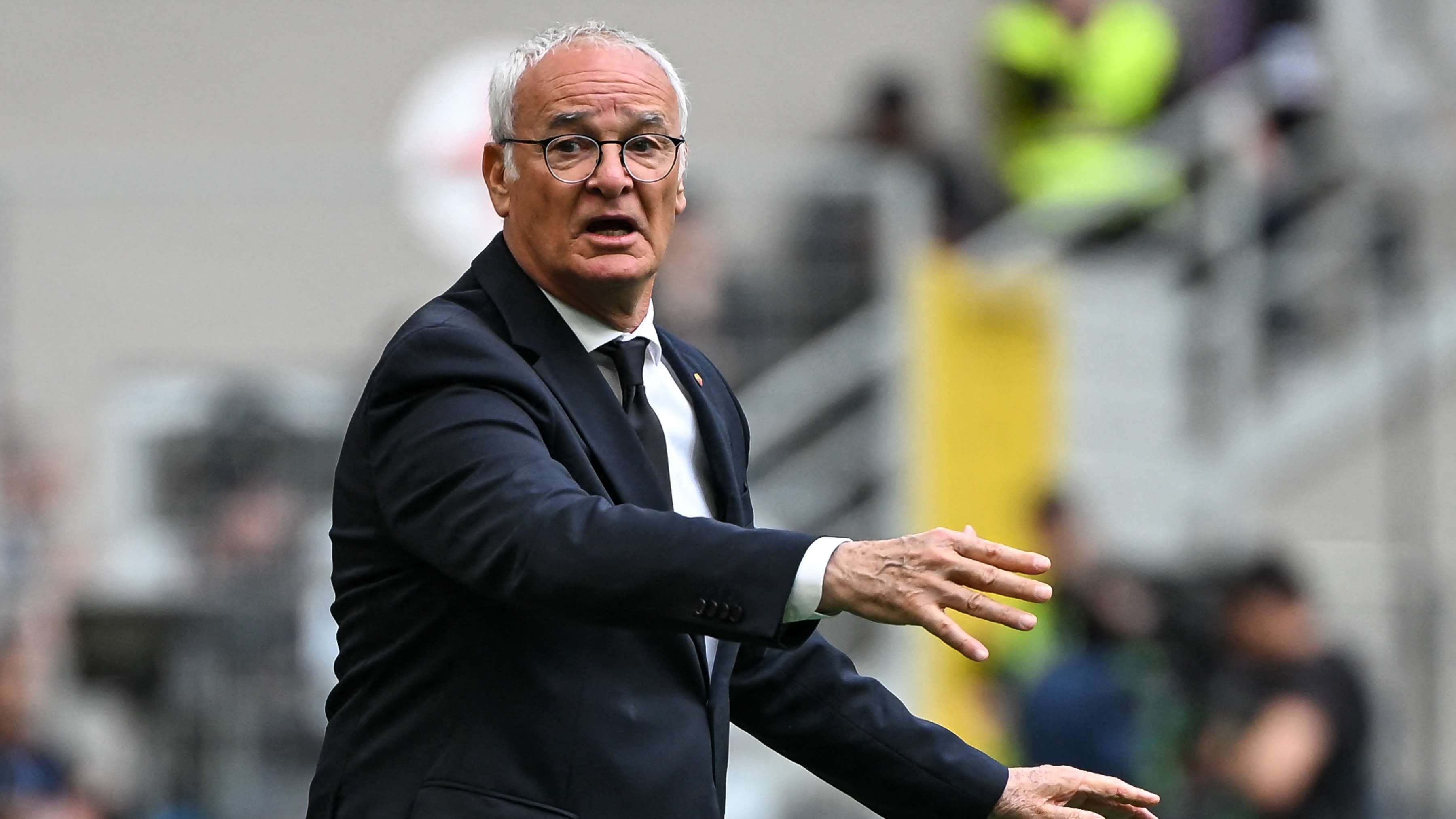
Ranieri quiet refusal to take the Italy job feels almost rebellious
After finishing the Serie A campaign with Roma in a behind-the-scenes capacity, Ranieri had been offered the national team job on a short-term basis. The FIGC’s offer was clear: a one-year contract to guide Italy through the start of their World Cup qualification campaign, with the added possibility of transitioning into a long-term technical director role afterward. There was even talk of balancing both jobs — his new advisory post at Roma and the national team role — simultaneously.
It was a tempting offer. The allure of managing the Azzurri is undeniable, especially for someone who has never held that post before. But in typical Ranieri fashion, he weighed the proposal not with ego, but with perspective.
“I thank President Gravina for the opportunity, a great honour,” Ranieri told Ansa. “But I reflected and decided to remain at Roma’s disposal in my new role in a total way. The Friedkins have given me their full support and backing for any decision I have made regarding the national team, but the decision is mine alone.”
That statement captures everything Ranieri has come to represent: honour, gratitude, and loyalty.
Roma, not Rome, wins his heart
To outsiders, the distinction between serving Roma and serving Rome might seem negligible. But to Ranieri, a lifelong Roman and a boyhood supporter of the Giallorossi, the difference is everything. At 73, with a career that has seen him roam from Cagliari to Chelsea, from Florence to France, he’s chosen to close the loop at home. His new role as an advisor at Roma allows him to continue shaping Italian football — just not in the Azzurri dugout.
The decision reportedly came after detailed conversations with Roma owner Dan Friedkin, who gave Ranieri his blessing to pursue the Italy role if he so wished. But the veteran tactician, as ever, prioritised stability and personal connection over prestige.
Pioli the frontrunner — and a logical choice
With Ranieri stepping aside, attention quickly turned to another seasoned Serie A name: Stefano Pioli. Recently departed from AC Milan after guiding the Rossoneri to a Scudetto and deep European runs, Pioli offers a modern coaching profile with enough top-level experience to command respect. Importantly, he’s also available — a key requirement given Italy’s September World Cup qualifiers loom large.
Pioli’s name may not carry the same nostalgic weight as Ranieri’s, but his candidacy makes sense. He’s tactically versatile, speaks well, and is known for his calm leadership — qualities the FIGC now desperately needs. Negotiations are reportedly underway, and barring late complications, Pioli is expected to be unveiled in the coming weeks.
The Azzurri’s next chapter begins in September
Whoever steps into the role will have little time to ease in. Italy’s next competitive match arrives on September 5, when they face Estonia in the early stages of their World Cup qualifying campaign. The squad remains talented but in flux, and the post-Spalletti vacuum needs to be filled quickly and convincingly.
The FIGC are fully aware that this period will define the Azzurri’s next phase. After the Euro 2020 triumph came the ignominy of missing the 2022 World Cup. Spalletti was supposed to be the man to restore consistency, but his sudden departure — for personal reasons, according to reports — leaves Italy searching for identity once again.
In this moment of uncertainty, Ranieri could have been a perfect transitional figure. His name alone might have settled the mood and brought calm to Coverciano. But it’s a testament to his character that he didn’t take the job just because it was offered — or because it was romantic. He took his time, considered his priorities, and made a decision that speaks more about his values than any win-loss record ever could.
A classy exit, even when it’s a “what if”
In a footballing world where ambition is often mistaken for restlessness, Ranieri’s quiet refusal to take the Italy job feels almost rebellious. He didn’t need the title. He didn’t need the attention. And he certainly didn’t need to stretch himself across two demanding jobs at once. At a time in his life when he could have been tempted by legacy-building, Ranieri chose personal meaning over public perception.
It may not be the fairytale ending some fans envisioned — but then again, Ranieri already gave us that story once with Leicester City. Perhaps now, he’s content to be the wise elder off the pitch, guiding others, sharing wisdom, and staying close to the club of his heart.
Italy’s next head coach may still be a mystery — but in the meantime, Claudio Ranieri just reminded us what it means to act with class in football.



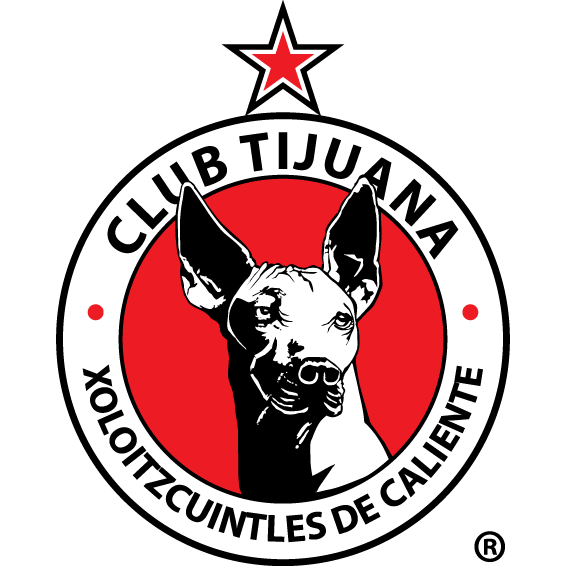




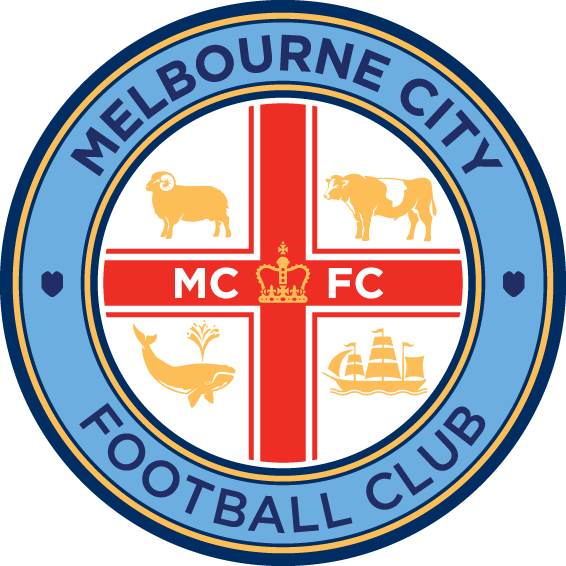

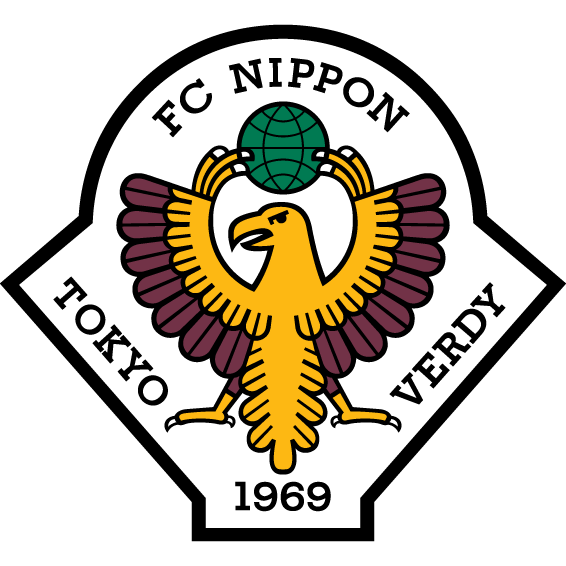


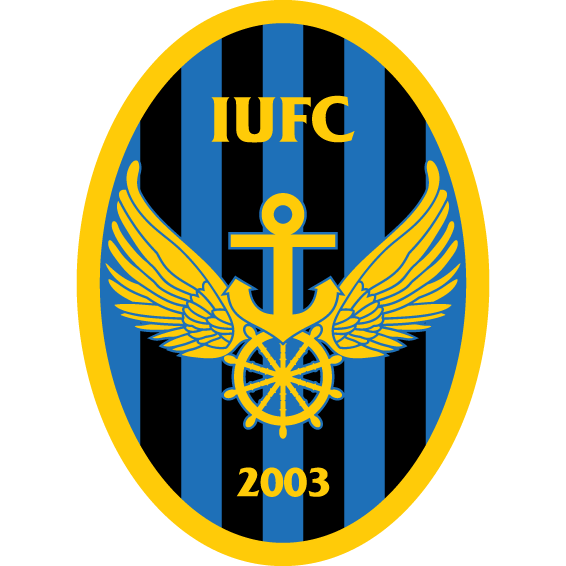

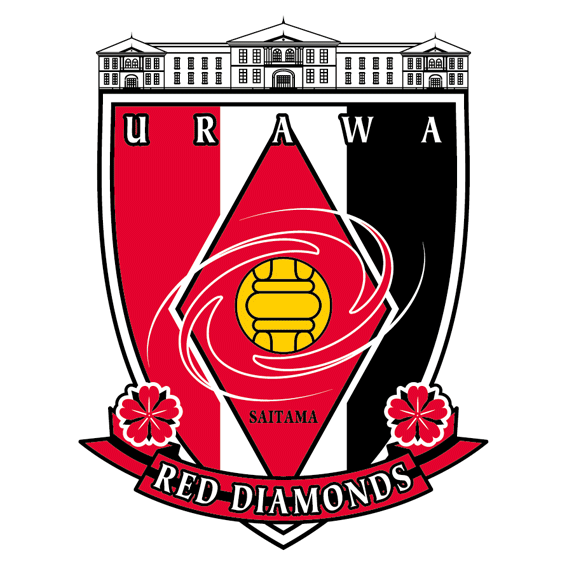



















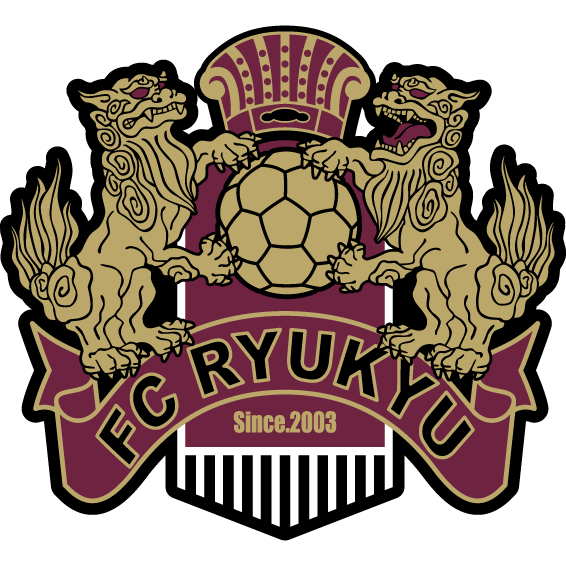













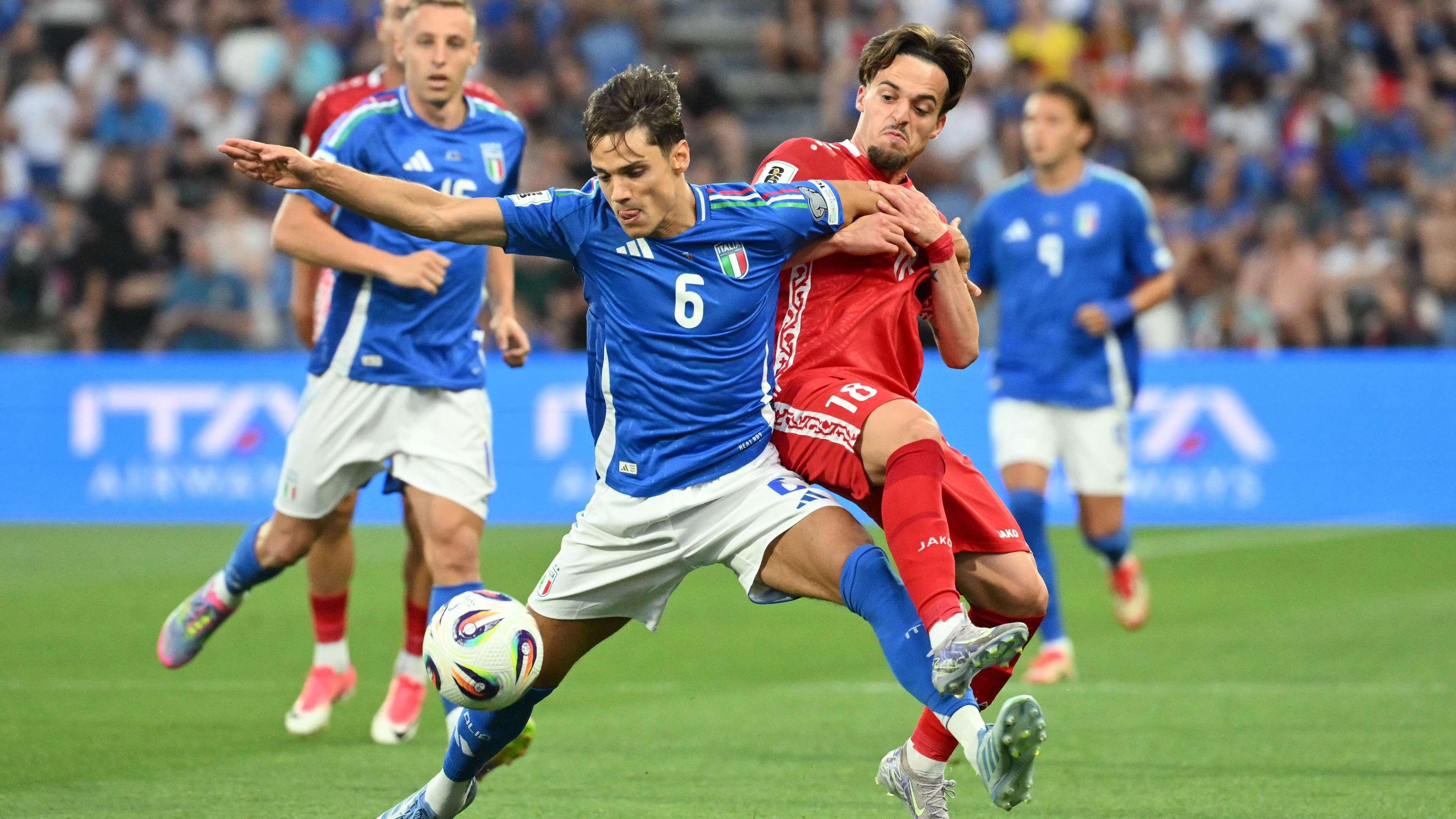























There are no comments yet. Be the first to comment!